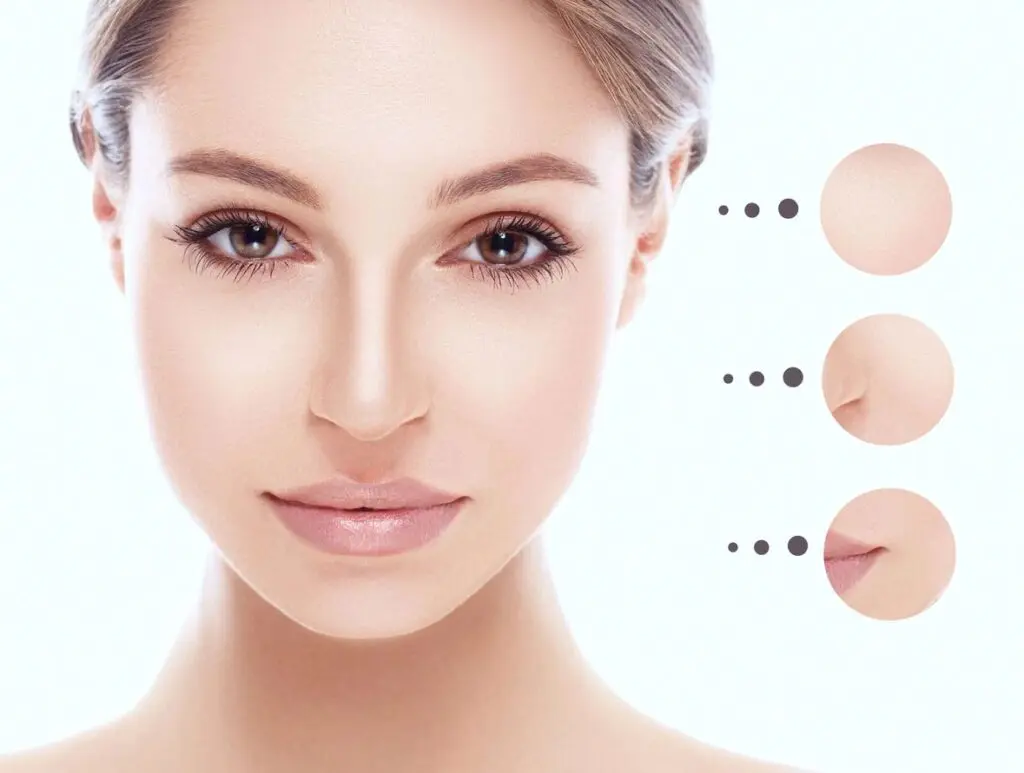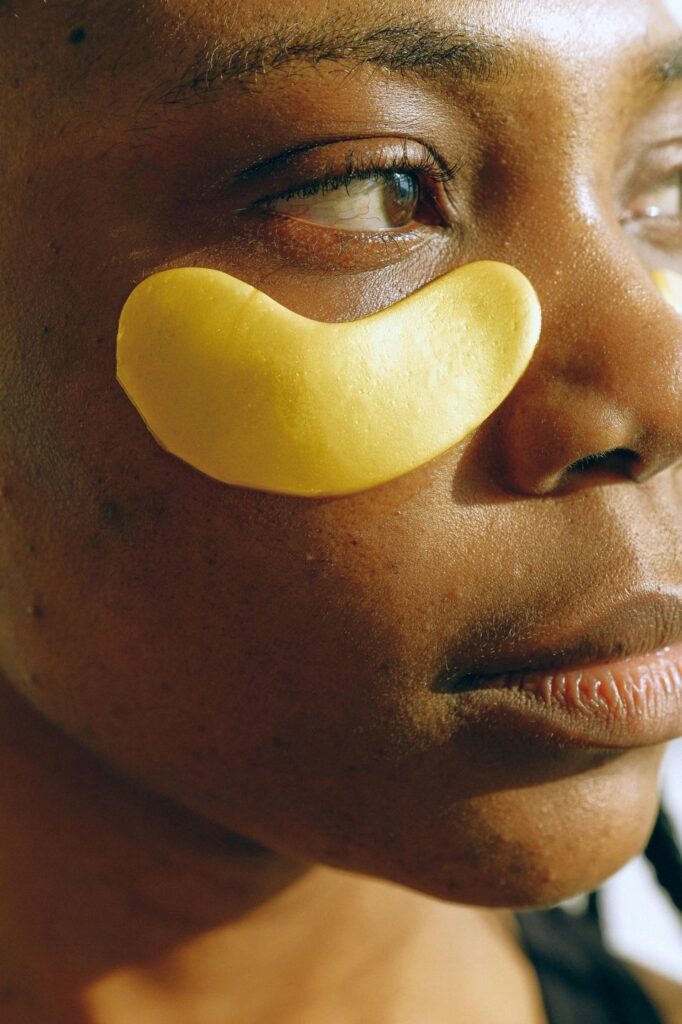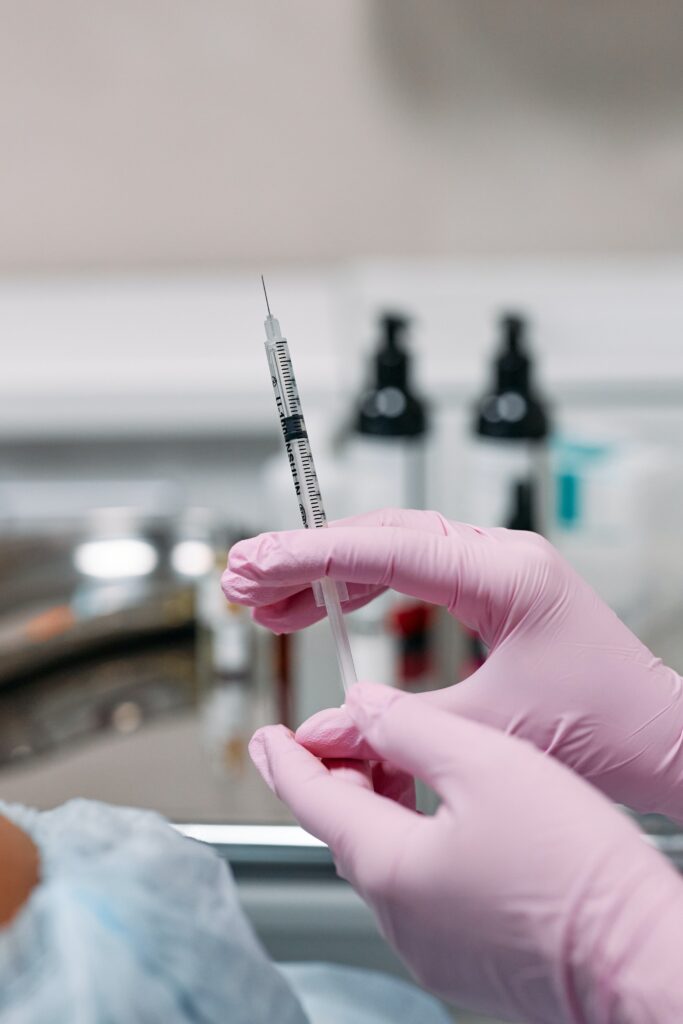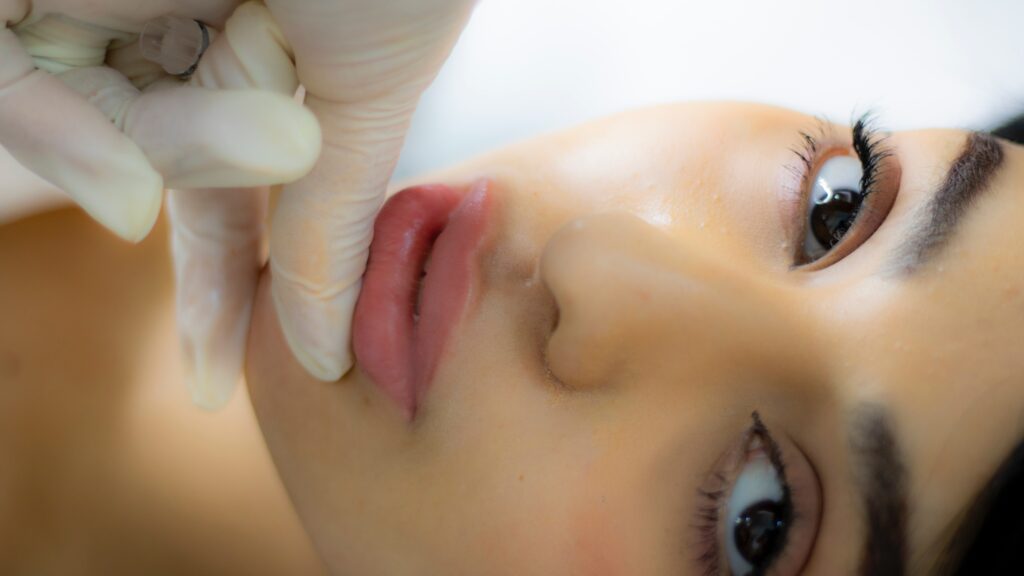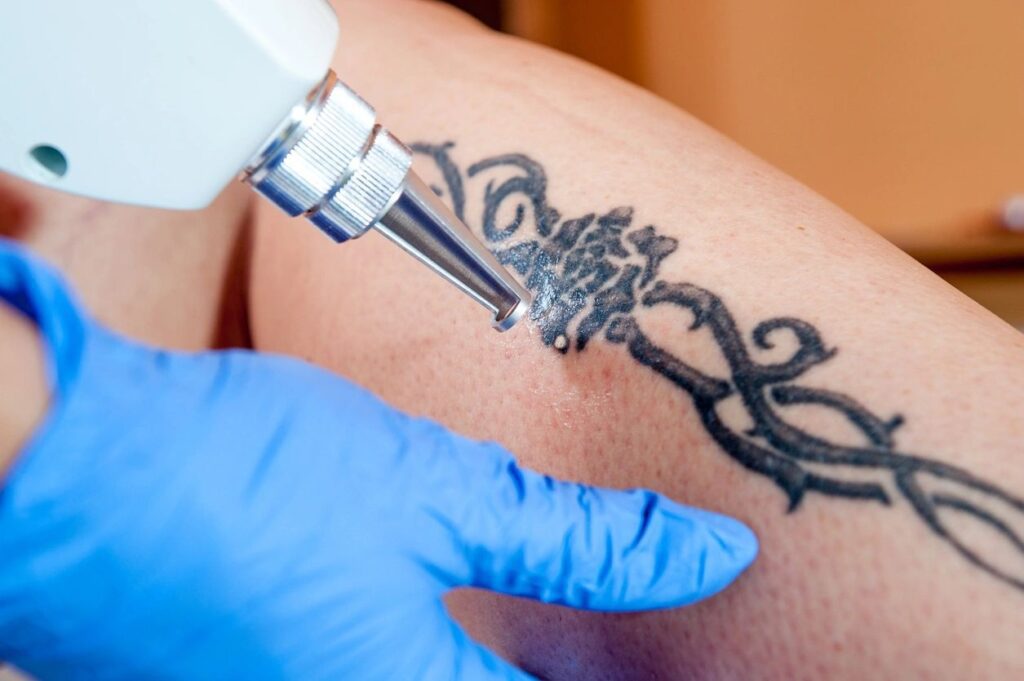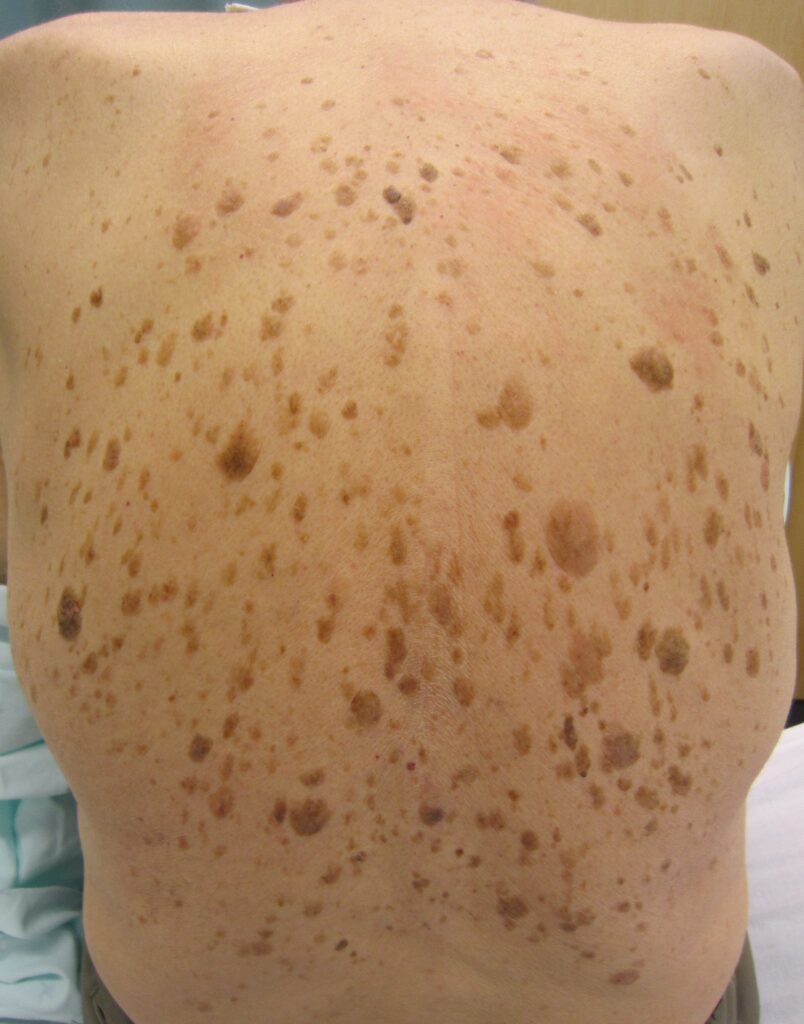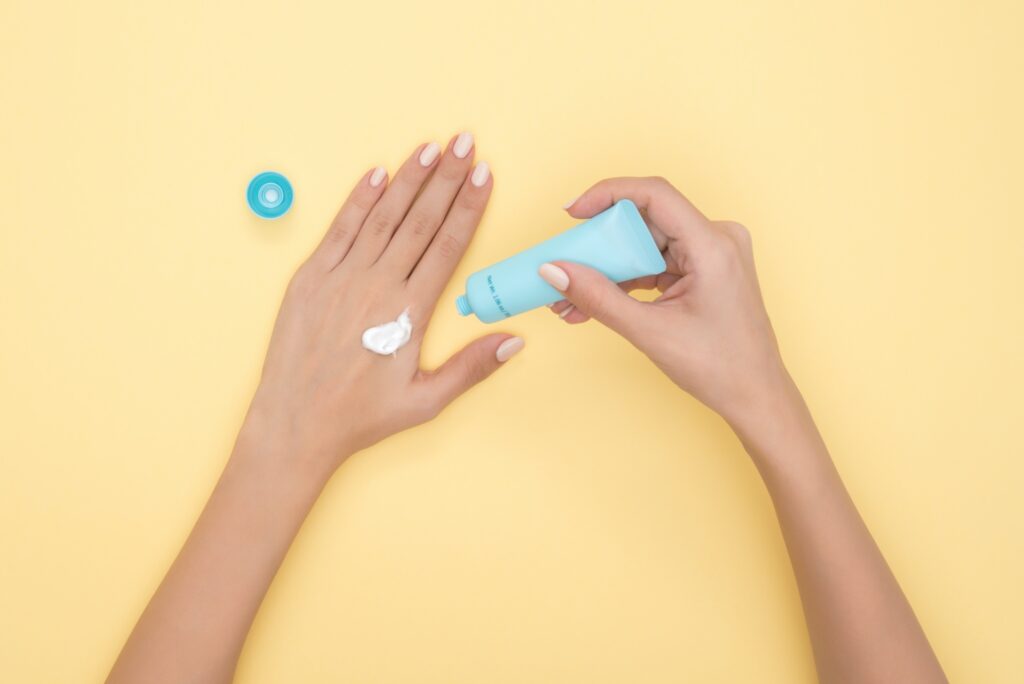Posts by Robert S. Bader, M.D., Dermatologist
Age Spots
Age Spots Age spots, called solar lentigo or solar lentigines, are a common cosmetic problem for many patients. These spots appear in middle age or later and can be few or numerous. Typically, light brown flat spots appear on sun-exposed skin. Although these spots are harmless, many patients seek treatment for cosmetic purposes. These spots…
Read MoreAcne Scars
Types of Acne Scars Ice-pick scars: typically deep pits that can occur anywhere on the face.Shallow, depressed scars: typically slightly depressed areas, which can often look like shallow chickenpox scarsDeeper, depressed scars: deeper depressions which occurs most commonly on the cheeks For many patients, there is no one procedure that will accomplish all of one’s goals. Therefore, is…
Read MoreCosmetic
Cosmetic Procedures After completing a ACGME-accredited Residency in Dermatology where he received extensive training in minor cosmetic procedures, Dr. Bader complete a fellowship in Mohs’ and Dermatologic Plastic Surgery accredited by the American Society for Mohs’ Surgery and the American Academy of Cosmetic Surgery. It is recommended that all patients have a one-on-one consultation with…
Read MoreRingworm (Tinea Corporis)
Ringworm, also called tinea corporis, is a fungal infection of the skin that usually results in a ring-shaped pink scaly patch that enlarges. Causes & Incidence Ringworm is a common fungal skin infection. It is not caused by a worm. The fungus that causes ringworm lives off the dead skin cells. Risk Factors Anyone can…
Read MoreSebaceous Hyperplasia
What is it? Sebaceous hyperplasia refers to enlarged oil glands. It is a very common, benign condition seen in adults. Lesions can be single or multiple and look like yellowish, soft, small papules (bumps) on the face (particularly nose, cheeks, and forehead.) Some of the lesions can have tiny red blood vessels on the surface.…
Read MoreSeborrheic Dermatitis
This commonly occurring condition result in redness, flaking, itching, and/or a yellow greasy scale affecting the scalp, eyebrows, creases on the nose, smile lines, chin, chest, and/or armpits. Seborrhea is now believed to be caused by a yeast that lives in the oil glands. Although most people have this yeast living in their glands, most…
Read MoreMelasma (Chloasma)
Melasma is a benign process in which brown spots appear on sun-exposed areas, most commonly on the face. Areas that are subject to the most sun are most frequently affected, including the forehead, upper lip, cheeks, and chin, although other areas can be affected. Chloasma is melasma that occurs in someone that is pregnant. What causes…
Read MoreSeborrheic Keratosis
These commonly occurring benign (non-cancerous) tumors are believed to be hereditary in nature (run in families). These tumors can appear anywhere on the body, but commonly occur on the face, breasts, back, arms, and legs. Occasionally, these keratosis can arise from solar lentigines (age spots or liver spots). These tumors may appear white, tan, or…
Read MoreFreckles
Freckles are brown spots that commonly occur in sun-exposed areas on the skin that are harmless. As one gets sun exposure, the spots darken. When one avoids the sun or UV exposure, the spots lighten. The face is the most common area affected, but the arms and legs are common sites as well. It is…
Read MoreDysplastic (Atypical) Nevi
DYSPLASTIC NEVI (atypical moles) are common, benign (non-cancerous) moles that may look like melanoma. Typically, the margins are often faint or faded compared with the rest of the mole. Are Dysplastic Nevi (Atypical Moles) Cancerous?No. Atypical Moles are not cancerous, they are benign, although people who have them are at more risk of developing melanoma. Severely atypical nevi…
Read More
